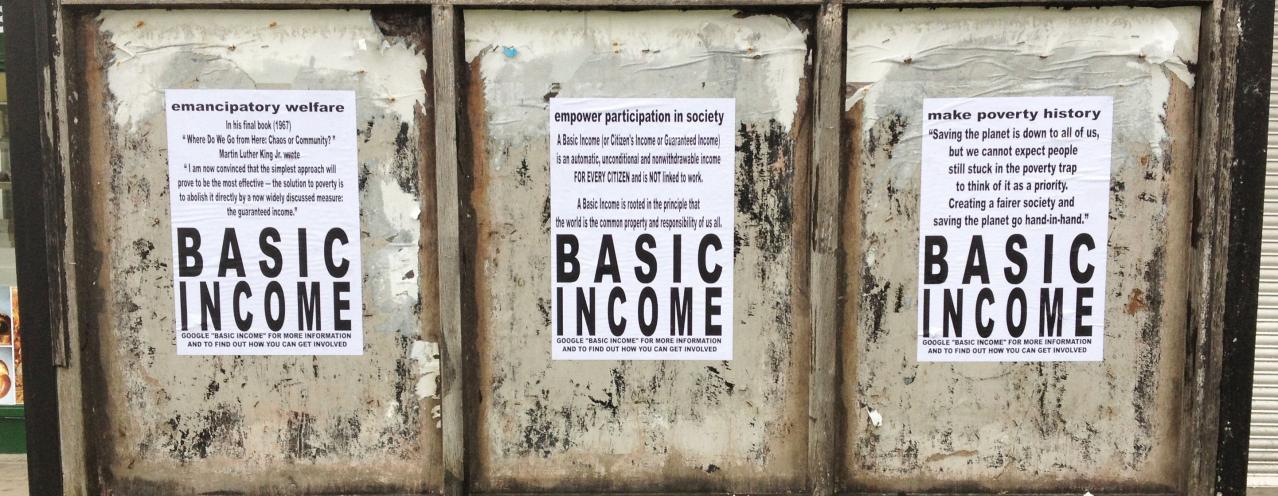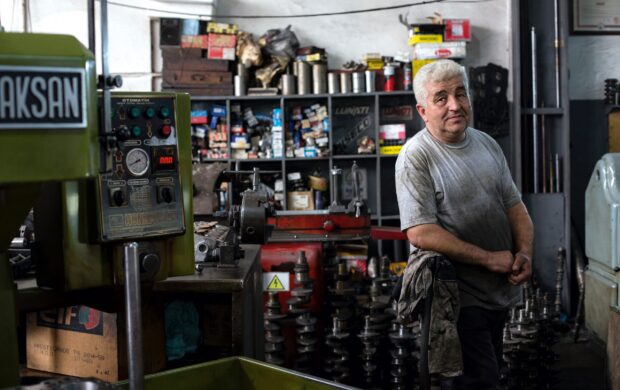The Dutch city of Utrecht plans to trial an unconditional payment to the unemployed, with no requirement to find work. The move is part of an attempt to simplify complex welfare rules and ascertain the best way to support people without jobs to find employment.

Some see it as a step towards a Universal Basic Income (UBI): a guaranteed minimum income, above the poverty line, provided by the state to all citizens regardless of whether they are in work or not. Thirty municipalities in Holland are interested in trialling such a measure, as is the Finnish Prime Minister and a referendum on the issue is due in Switzerland in 2016.
The researchers aim to see whether a social safety net provided by default would better support outcomes for those who find themselves unemployed. Conditional unemployment benefits have been criticised for being overly complex and producing disincentives to take on irregular employment as well as pushing people into unsuitable jobs.
A spokesperson for the municipality, Ingrid van der Aa, told Equal Times that the trial will provide important information on the behavioural response and economic effect of an unconditional income: whether people take mini-jobs, pursue training, do voluntary work, take longer to find more suitable full time employment, or don’t attempt to find work at all.
Loek Groot, Associate Professor at Utrecht University who is helping to develop the experiment, told the Equal Times, “economic science does not yet know what will happen with a UBI” and although the trial won’t reveal the effect on the behaviour of those currently in jobs it will provide important insights to address “the radical uncertainty” around such a proposal.
Trials of a Universal Basic Income or unconditional payments in developing countries have produced surprising results.
A government trial in Uganda resulted in recipients investing in skills, being 65% more likely to practice a skilled trade afterwards and working 17% more hours than those in a control group.
In Kenya, similar investments in skills and income generating activities were observed – and interestingly, “no increase in expenditures on temptation goods, such as alcohol and tobacco”.
In India the outcomes were particularly improved for women: there was an overall increase in work performed and a shift from casual wage-labour to self-employed farming and small business activity.
The Utrecht experiment could be the first in a western industrialised country since the ‘Mincom’ programme in Manitoba Canada which ran from 1974 to ‘79. The programme was not properly evaluated until 2011 when it was found to have produced significant improvements in health. Reductions in work occurred, but mainly where young men chose to stay in education longer and mothers took longer maternity leaves.
Utrecht hopes to begin the experiment in 2016.







